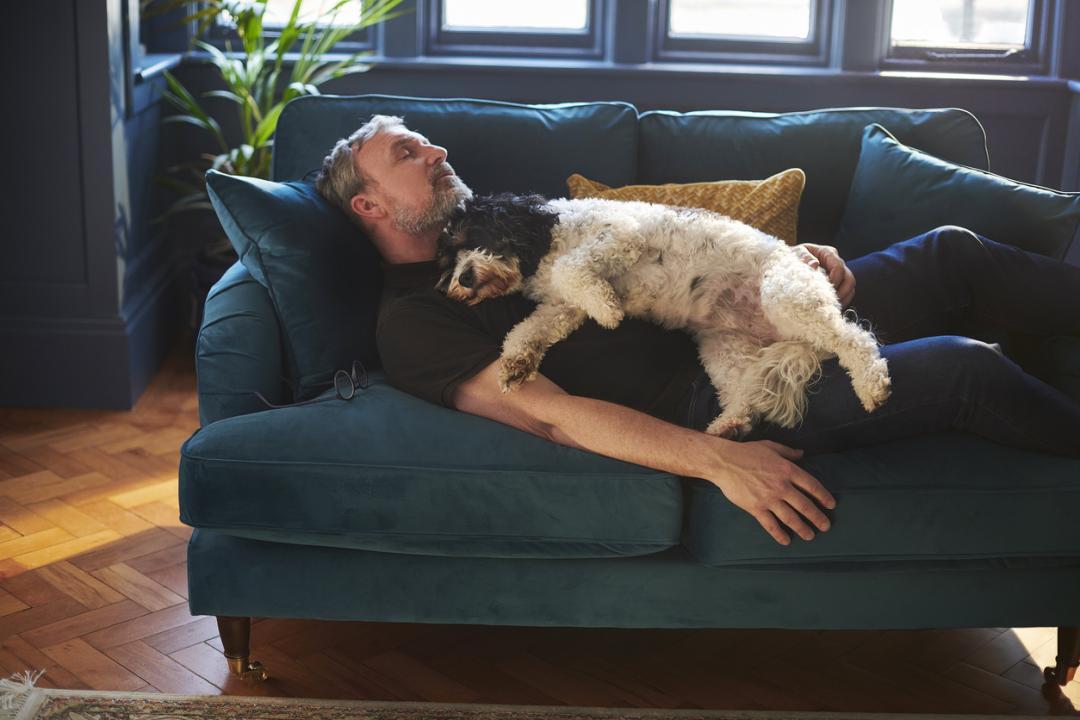The study also found that there were fewer differences in sleep quality indicators between cat and non-cat owners compared to dog and non-dog owners

Image for representational purposes only. Photo Courtesy: iStock
A new study has found that people having a pet dog or cat could suffer from restless nights more than people without pets.
ADVERTISEMENT
According to researchers at the Lincoln Memorial University, US, having a dog was associated with greater odds of having a sleep disorder and having trouble sleeping while having a cat was associated with a higher chance of having leg jerks.
The differences in the association of sleep quality and cat versus dog ownership may be because cats tend to be more active at night, said Dr Lauren Wisnieski, Assistant Professor of Public Health and Research and Affiliation at the varsity.
Furthermore, she found that there were fewer differences in sleep quality indicators between cat and non-cat owners compared to dog and non-dog owners.
The findings are published in the CABI journal Human-Animal Interactions.
The study did not establish the causal nature of pet ownership on sleep quality and sleep disorders, but the results are consistent with previous studies that found that pet ownership has a negative impact on sleep quality.
Prior studies have shown varied results: on the one hand, dogs and cats were shown to be beneficial for an owner's quality of sleep due to the social support that pets provide - pets offer a sense of security and companionship, which may result in improvements in levels of anxiety, stress and depression. Yet on the other hand, it stated that pets may disrupt their owners' sleep.
"If the causal relationship is established through further investigation, the results will have implications for clinician recommendations for treating patients with poor sleep quality," Wisnieski added.
"Additionally, educational resources can be developed to inform pet owners about the risks of sleep disruptions and offer potential solutions, such as crating the pet or restricting access to the bedroom at night," she said
Also Read: How do genetic factors influence oral health
This story has been sourced from a third party syndicated feed, agencies. Mid-day accepts no responsibility or liability for its dependability, trustworthiness, reliability and data of the text. Mid-day management/mid-day.com reserves the sole right to alter, delete or remove (without notice) the content in its absolute discretion for any reason whatsoever
 Subscribe today by clicking the link and stay updated with the latest news!" Click here!
Subscribe today by clicking the link and stay updated with the latest news!" Click here!







